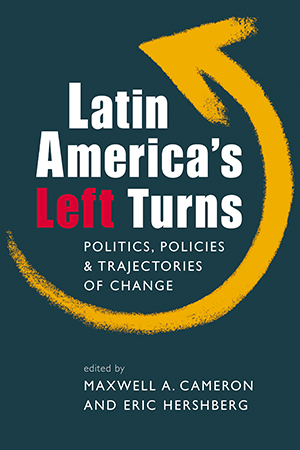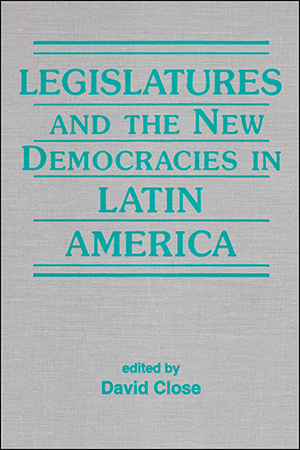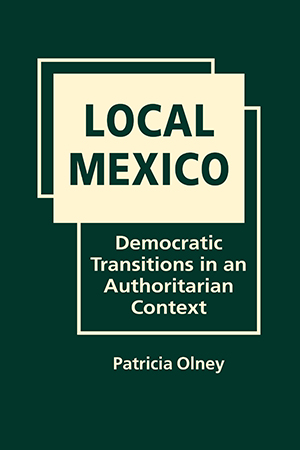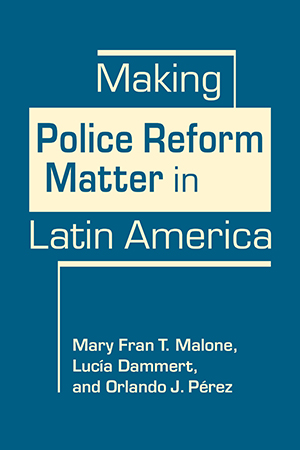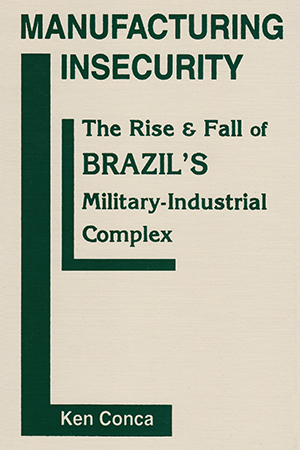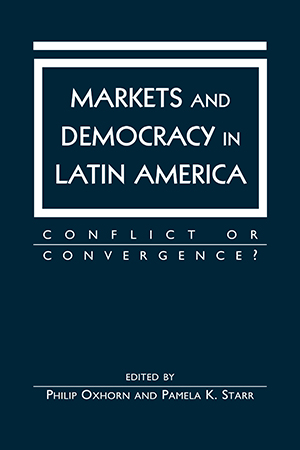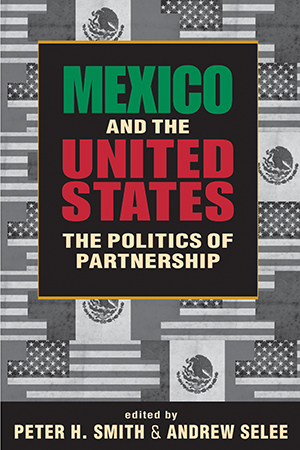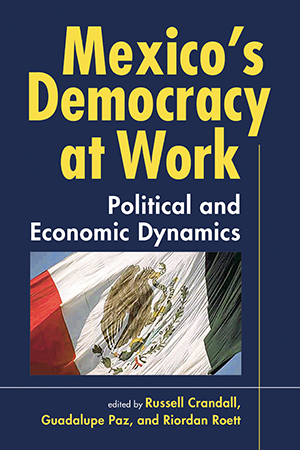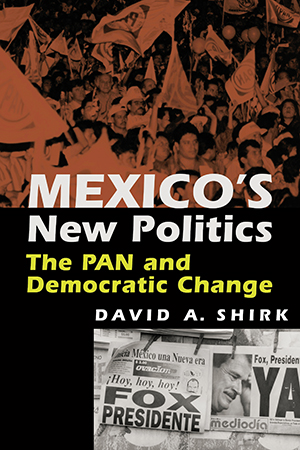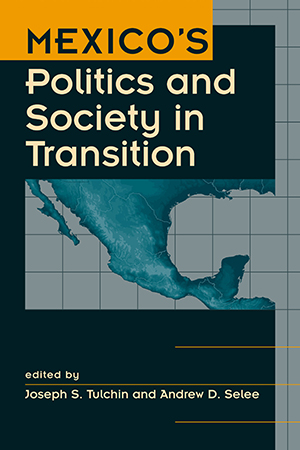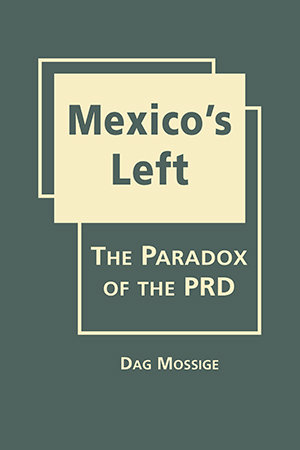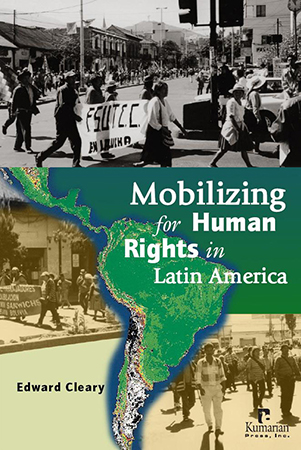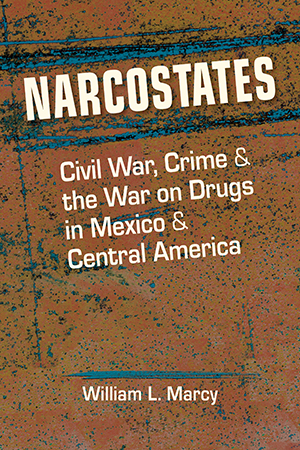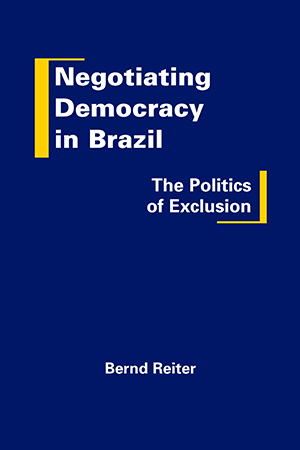Latin American and Caribbean Politics
This accessible look at Latin American politics explores how—and to what effect—diverse forces on the left have not only captured the imagination of vast swathes of the More >
Legislatures are indispensable parts of constitutional liberal democracies, controlling and criticizing the executive while voicing a wide range of opinions on public issues. This book More >
Vicente Fox's 2000 election to the presidency in Mexico marked the end of more than 70 years of rule by the PRI, overturning what some observers referred to as "the perfect More >
Police forces in Latin America historically have been regarded as hopelessly corrupt, inefficient, and even abusive. More recently, however, there have been clear signs that police reforms More >
Manufacturing Insecurity provides a sobering analysis of an extraordinary boom and bust story: Nurtured by military rule and expanding international markets, Brazil's defense sector More >
The result of an ongoing collaborative effort, this book analyzes the constraints faced by Latin American countries as they seek both to consolidate fragile democratic regimes and to restore More >
What are the strengths and weaknesses of the partnership between Mexico and the United States? What might be done to improve it? Exploring both policy and process, and ranging from issues of More >
Mexico made a peaceful transition to democracy when it elected opposition candidate Vicente Fox president in July 2000—an event that has had a profound impact on the country's More >
Painting a sober yet hopeful picture of current Mexican politics and economics, Mexico's Democracy at Work focuses on the country's still incomplete transformation from an More >
Mexico's presidential elections in July 2000 brought victory to National Action Party (PAN) candidate Vicente Fox—and also the hope of democratic change after decades of More >
As electoral politics in Mexico have become more open and democratic, the country's economy also has been thoroughly restructured and new ideas about government, state-society relations, More >
Why has Mexico's political left been in such turmoil since the dramatic 2006 election? What explains the contentious relationship between the country's largest left-wing party, the More >
In this follow-up to his widely read The Struggle for Human Rights in Latin America, Edward Cleary examines some of the robust human rights movements of the past two decades. More >
How did Mexico and Central America become a lawless corridor for conveying narcotics into the United States? How did the drug cartels rise to power, succeeding in institutionalizing the More >
Do societal inequalities limit the effectiveness of democratic regimes? And if so, why? And how? Addressing this question, Bernd Reiter focuses on the role of societal dynamics in More >


